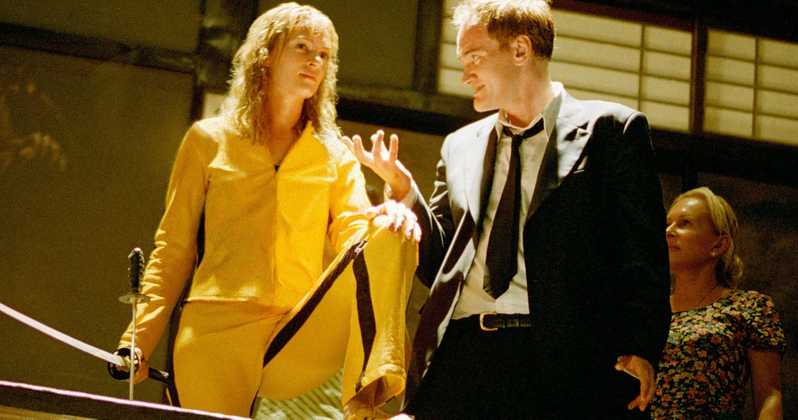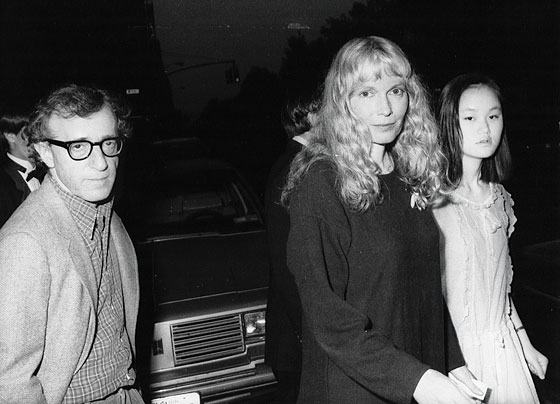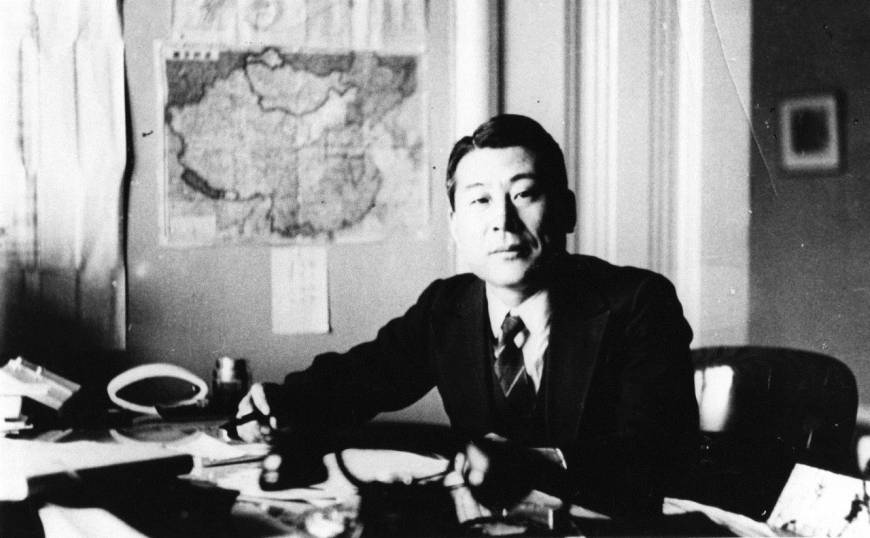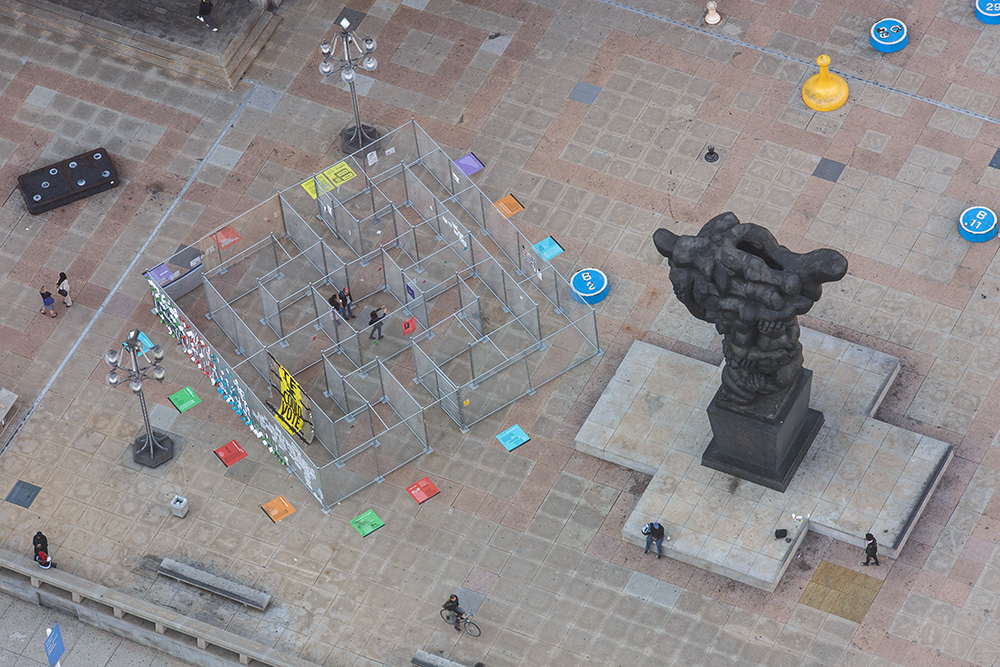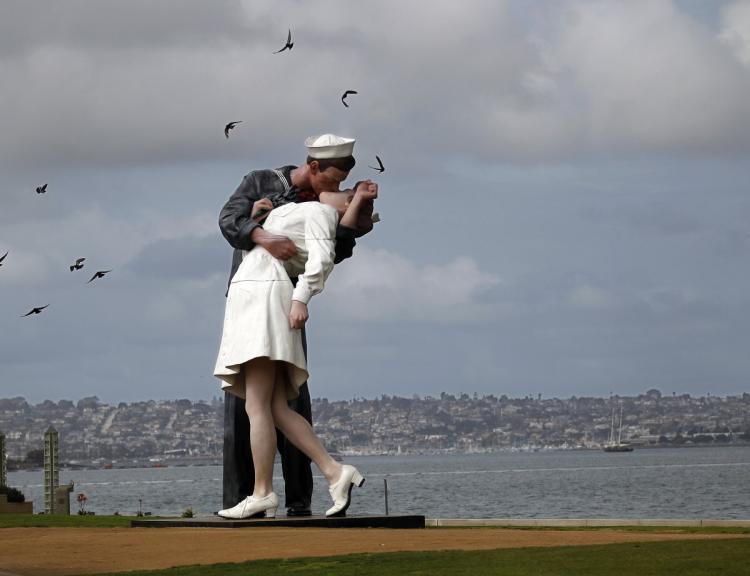
There’s a famous statue in San Diego that a lot of romantics come to see. A structure of a man kissing a woman on the San Diego harbor. A monument that represents the picture of V-J Day, with the sailor and the ‘nurse’ taken on August 14th, 1945. This structure looks cute and we deem it as a “couple thing,” as if the sailor came back from the war and pulled his love into a tight hug and kiss. It looks innocent enough. But the actual backstory behind the V-J Day came out when the woman, Greta Zimmer Freidman, in 2005 released her story telling everyone what really happened on V-J Day.
According to Freidman, the kiss happened when a soldier randomly came up to her after he heard the war was over and planted one on her. She said that he was probably really excited that he didn’t have to go back to war that’s why he randomly pulled her into a kiss. During the interview, she didn’t seem like she was upset about the situation and instead she made excuses for him grabbing her and kissing her, sexually assaulting her since she never consented. This then begins to ask the question, why do women have to make excuses for the man, and why do we still have a statue that idolizes sexual harassment up as a monument but pretends to represent love, relationships, and joy.
When talking about sexual harassment, a lot of times victims try to cover it up to suppress any retaliation against them. If someone is sexually assaulted, we usually ask, “why? What were you doing? What were you wearing?” like the reason you got sexually harassed was your fault instead of the perpetrator. And because we romanticize things like the V-J Day monument, it seems as if people committing sexual harassment crimes are less likely to get prosecuted.
If you’ve heard of the Harvey Weinstein case, you’ve probably know of the Me Too hashtag. There are more than 12 million posts, comments, and reactions to the Me Too hashtag on Facebook and many more victims that may not want to share their stories. The problem of sexual harassment in this country is out of hand and the fact that we have monuments that romanticize and idolize sexual harassment means that there’s something that needs to change.
Though we idolize the monument as a symbol of love, we should make sure that the original context of this monument is emphasized so that we don’t forget the real nature that lies behind it.

